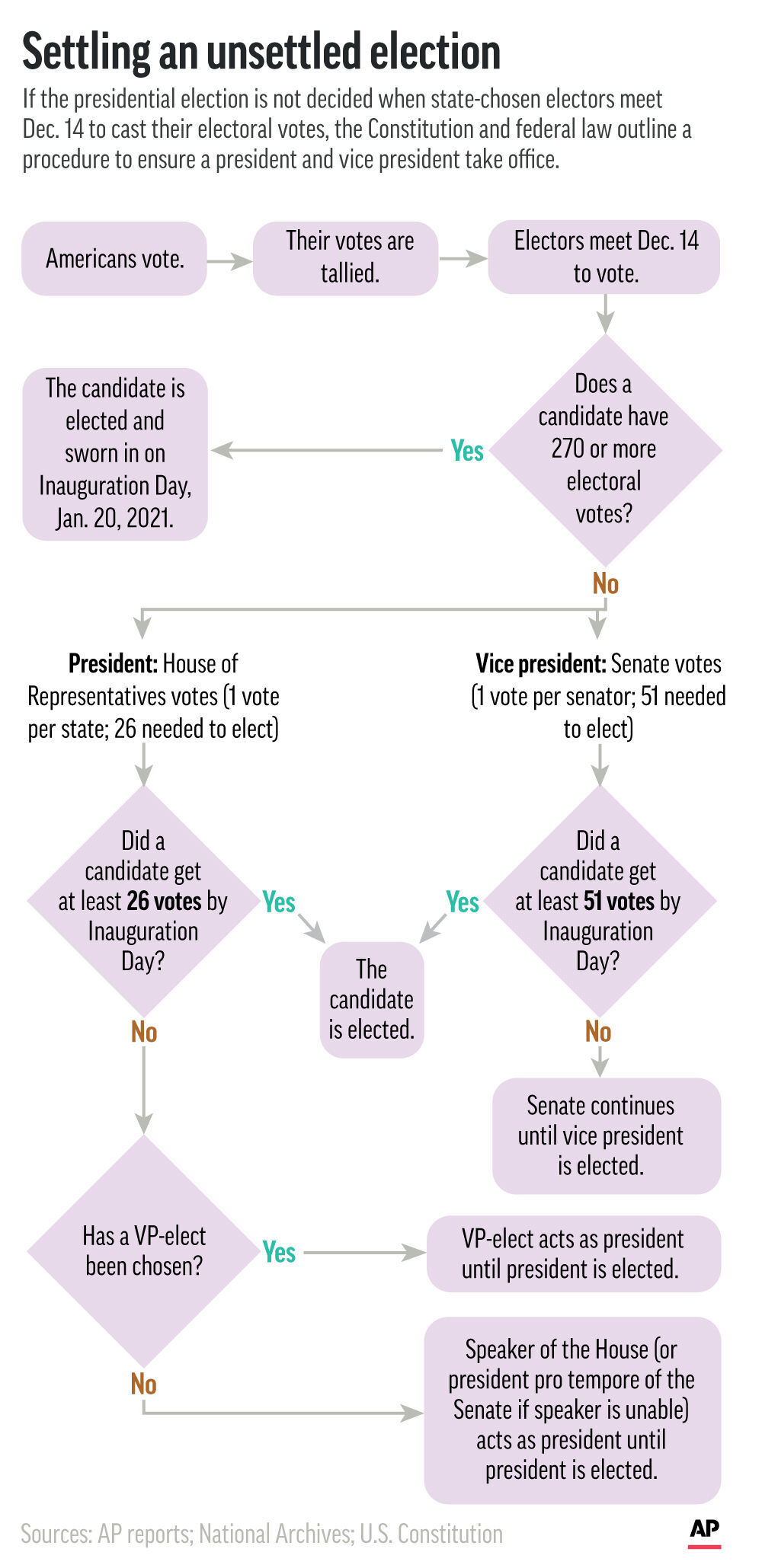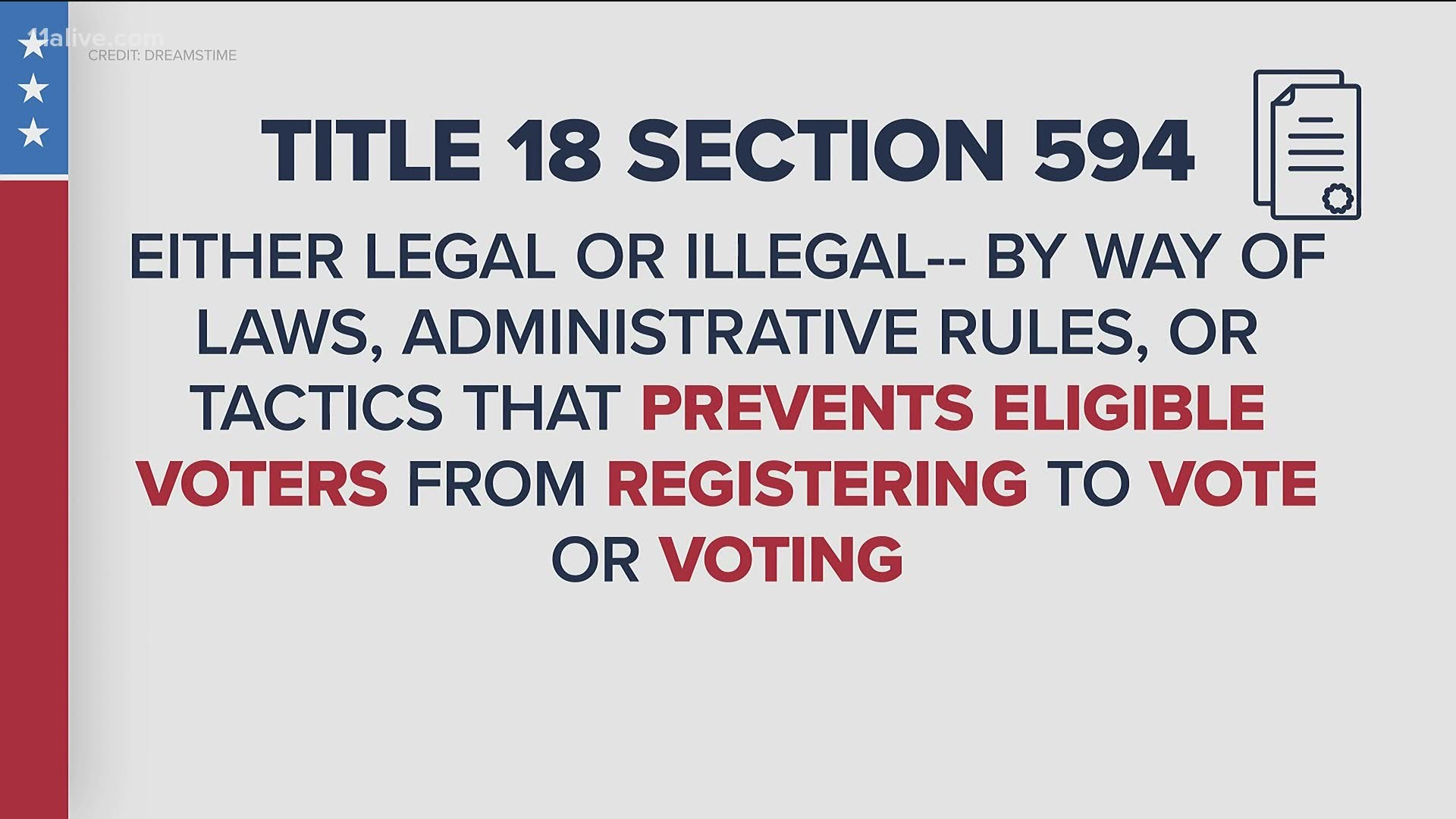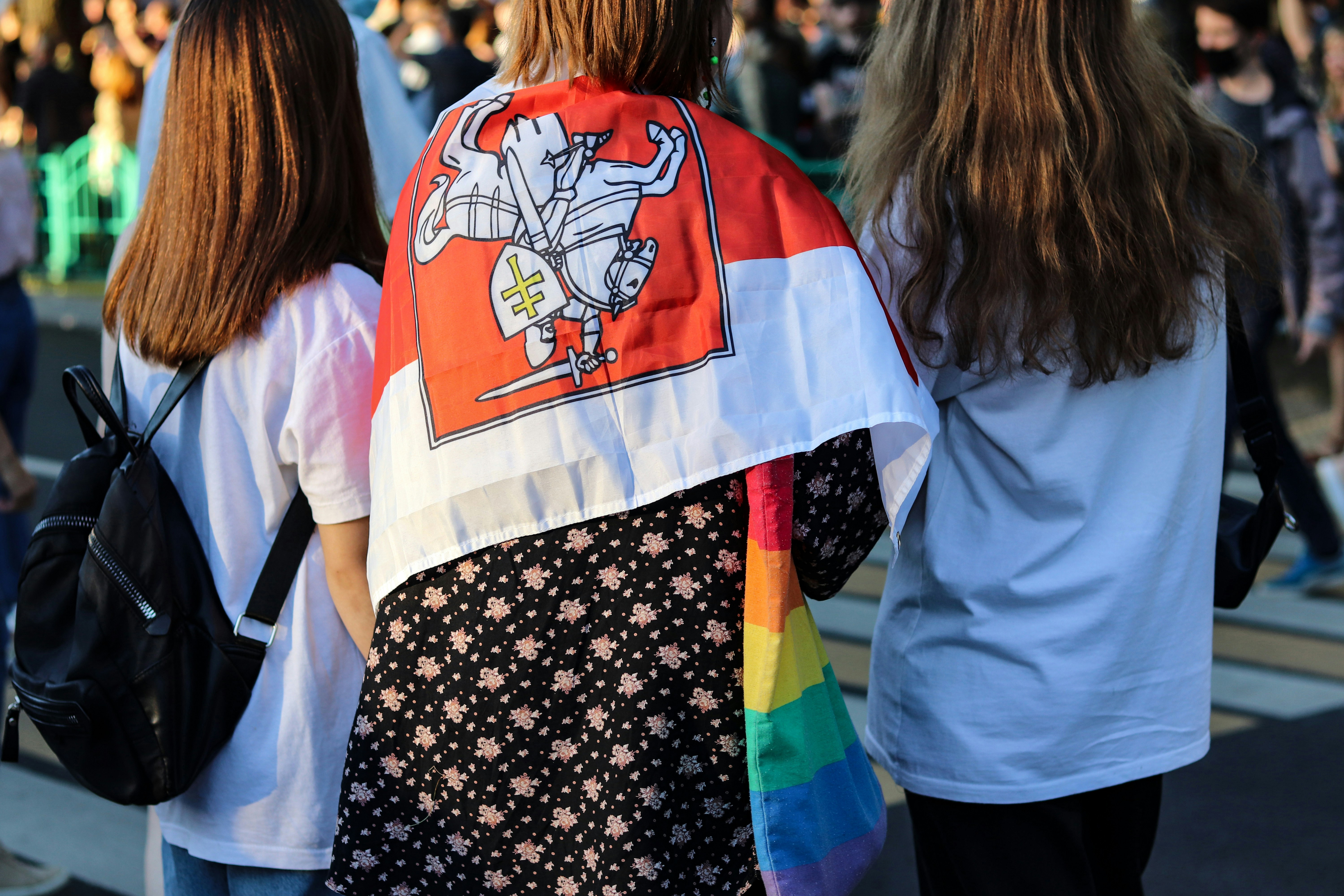Nonwhite voters make up one-third of the 2020 electorate.
by Michael
Posted on 24-01-2021 03:39 PM

As the nation reckons with its complicated racial history, issues that impact communities of color are taking center stage in the platforms of each major political party. With less than three months until the election , an effective pitch during the conventions will be crucial as nonwhite voters make up about one-third of the 2020 electorate, according to pew research.

Presidential Elections: The Electoral College
Culture electionselectionsin britain, a general election takes place at least every five years, when the electorate (= all the people in the country who can vote) vote for the members of parliament or mps in the house of commons. Each mp represents a constituency , which is an area of the country with an approximately equal number of people, and is expected to be interested in the affairs of the constituency and to represent the interests of local people. If an mp dies or resigns , a by-election is held in the constituency he or she represented. Before an election one person is chosen by each of the main political parties to be their candidate. Independent candidates, who do not belong to a political party, can also stand for election. Each candidate has to leave a deposit with the returning officer , the person responsible for managing the election, which is returned to them if they win more than 5% of the votes, otherwise they lose their deposit. Before an election, candidates campaign for support in their constituency and local party workers spend their time canvassing , going from house to house to ask people about how they intend to vote. At the national level the parties spend a lot of money on advertising. They cannot buy television time, but each party is allowed a number of timed party political broadcasts. Anyone over the age of 18 has the right to vote at elections, provided they are on the electoral register (= list of adults in a constituency). Voting is not compulsory. The turnout (= number of people who vote) in recent general elections has been between 60 and 70% although in the past 75 to 80% was more usual. On the day of the election, called polling day , voters go to a polling station , often in a local school or church hall, and are given a ballot paper. The ballot paper lists all the candidates for that constituency and the parties they represent. The voter goes into a polling booth , where nobody can see what he or she is writing, and puts a cross next to the name of one candidate only. After the polls close, the ballot papers are taken to a central place to be counted. Counting usually takes place on the same day as the election, continuing late into the night if necessary. If the number of votes for two candidates is very close, they can demand a recount. Only the candidate who gets the most votes in each constituency is elected.

In presidential elections, the people of the respective states vote for a presidential candidate by choosing that candidate's slate of electors. See section 1 of article ii of the u. S. Constitution. After the state's citizens have chosen a slate of electors, the electors then formally elect the president and vice-president by casting their respective votes. When all states' slates of electors arrive to cast their votes, the aggregate group makes up that which has come to be known as "the electoral college. ".
Caucus: a meeting of the local members of a political party to select delegates to the national party convention. A caucus is a substitute for a primary election. Delegate: a person authorized to represent others as an elected representative to a political party conference. Elector: a member of the electoral college. Electoral college: the voters of each state, and the district of columbia, vote for electors to be the authorized constitutional members in a presidential election.
Congressional elections occur every two years. Voters choose one-third of senators and every member of the house of representatives. Midterm elections occur halfway between presidential elections. The congressional elections in november 2018 were "midterms. "congressional elections use the popular vote to choose winners. They don't use the electoral college, which is used in presidential elections.
In colonial america the election of church and public officials dates almost from the founding of the plymouth colony, and the paper ballot was instituted in elections to the massachusetts governorship in 1634. Under the u. S. Constitution the right to hold elections is specified, but the method and place are left to the states, with congress having the power to alter their regulations. The constitution specified that elections to the house of representatives be direct, or popular, and that the election of the senate and of the president and vice president be indirect, senators being chosen by the state legislatures and the president and vice president by electors selected by the people (see electoral college electoral college,.
The final nominee and running mate from each party stand for the general election. In the us, the presidential election is held on the first tuesday after the first monday of november, every 4 years. It is an indirect election where the people of each state vote for members of the electoral college.
Changes in Election Law
The process by which an individual is chosen to occupy a public office, or, in some cases, a private one (such as a director serving on a corporate board); in litigation, the making of a choice among remedies, whereby the selection of one may preclude the use of others; in estate law, a choice between inheriting under a will, and pursuing a legal remedy other than as provided in the will.

Collins dictionary of law © w. J. Stewart, 2006 election. This term, in its most usual acceptation, signifies the choice which several persons collectively make of a person to fill an office or place. In another sense, it means the choice which is made by a person having the right, of selecting one of two alternative contracts or rights.
Question 1. What are elections? [cbse 2014,15] answer: it is a mechanism by which people can choose their representatives at regular intervals, and change them if they wish to do so. Question 2. “elections are considered essential for any representative democracy. †why? answer: in a representative democracy, people rule through their representatives. It gives an opportunity to the people to decide, who will make laws for them.
Unconditional election (also known as unconditional grace) is a reformed doctrine relating to predestination that describes the actions and motives of god prior to his creation of the world , when he predestined some people to receive salvation , the elect, and the rest he left to continue in their sins and receive the just punishment, eternal damnation, for their transgressions of god's law as outlined in the old and new testaments of the bible. God made these choices according to his own purposes apart from any conditions or qualities related to those persons.
Between the plague-of-frogs atmosphere of 2020 so far and donald trump’s efforts to make the presidential election revolve around his racist law-and-order campaign and a miracle economic recovery (that’s so not happening ), it’s easy to get confused or conflicted about what will actually decide the fate of the 45th president. But as nate cohn of the new york times explains , there’s ever-increasing evidence that covid-19 is going to be the deciding issue in this presidential election:.
Comparing our country’s post- election parody face mask election face mask for friends election face mask for women political climate to an emboldened nazi regime is a provocative claim but the left won’t stop openly stating it intends to destroy the right at the same time the president-elect plans to call for unity. Katie couric, the veteran journalist, has added her name to the list of leftists demanding republicans denounce their views. It is “shocking†that some republican lawmakers insist the election was stolen from president trump, she said on “real time with bill maher†after the profane tv show host suggested freshmen gop members are “loons. â€.
Overview of the Presidential Election Process
The process of analyzing and understanding presidential election dynamics often leads us to look at the american electorate not as a whole, but by segments. Party identification is the most frequently used way to sort voters, but other variables are also meaningfully related to political behavior and help explain how and why people vote.
Inauguration of the president of the united states voter registration voting and election laws and history congressional, state, and local elections find my state or local election office website presidential election process decide who to vote for how, where, and when to vote.
In democratic or presidential system, general election refers to regularly scheduled election by which voters of a country chooses the candidates, to hold a public office of the national legislature or parliament. In most of the countries, general election held after the expiry of five years of existing government. Through this process, new members are chosen by voter for the next term of five years. At the end of the election, political party who won the seats with heavy margin, established the government alone or with the alliance of runner up political party. After that a new setup of government from the designation of president to the federal ministers is formed.
How to Become President of the United States
The electoral college is a group of citizens known as electors. Electors get appointed by each state to cast votes for the president and vice president of the united states on behalf of the state’s citizens. Pennsylvania has 20 electoral votes. All 20 of pennsylvania’s electoral votes go to the person who won the popular vote in pennsylvania.
On election day, citizens of the united states of america can vote by popular ballot for candidates for public offices at local, state, and national levels. In even-numbered years, federal elections are held, while in years divisible by four, presidential elections are held. Elections for local and state officials may be held in odd- or even-numbered years, depending on local and state laws.
In the united states, voter turnout — the percentage of qualified voters who vote — often depends on the type of election being held. More people tend to vote in presidential elections than in other kinds. Even in this case, though, many people who are qualified to vote do not. In the 2000 presidential election, for example, only 51 percent of the electorate (all qualified voters) turned out.
There may be many people who want to be the president of the united states of america. Each of these people may have their own ideas about how the us government should work. People with similar ideas usually align behind the same political party. But they need to win the favour of their party members first.
In the united states, election day is set by law as a day to elect public officials. It always falls on the tuesday following the first monday in november. Presidential elections are held every four years. Elections to the house of representatives and united states senate are held every two years. U. S. Representatives serve two year terms while senators serve six year terms.
State Primaries and Caucuses for the Presidential Elections
Before party nominees square off in the general election, presidential hopefuls battle for their party's nomination in caucuses and primary elections ("primaries") across the country. There's nothing regarding primaries in the us constitution, so the game play is determined by party and state laws.
What Happens if No Candidate Wins the Majority of Electoral Votes?
A general election is an election in which candidates are elected to offices. This is in contrast to a primary election, which is used either to narrow the field of candidates for a given elective office or to determine the nominees for political parties in advance of a general election. Generally, candidates for a general election are chosen via a primary election, but this is not always the case. For example, in louisiana, all candidates for congressional and state-level office, regardless of party affiliation, participate in the state's general election (if no candidate wins an outright majority of votes in the general election, a runoff is held between the top two vote-getters). General elections occur at local, state, and federal levels, and typically occur at regular intervals. In some cases, elections may occur at irregular times, such as to elect a replacement for a seat vacated due to death, resignation, or removal from office.
What Are the Different Types of Elections?
By: harold g elections are a systematic democratic process, where adult citizens of the country, vote for their representatives, to represent them at the national assembly or parliament. It empowers every citizen aged 18 and over to take part in the selection of the government. There are three different types of elections, namely, general elections, midterm elections, and bye-elections. General elections are the election that is conducted to form a new state assembly. While mid-term elections suggest, the elections completed, on the dissolution of state assembly, until the conclusion of its term, i. E. , five years, in order to form a new state assembly. Finally, bye-elections are conducted for one constituency, due to a vacancy due to death or resignation of the member of state assembly.
Last updated on by surbhi s elections allude to a systematic democratic process, wherein adult citizens of the country, vote for their representatives, to represent them in the parliament or assembly. It enables every citizen aged 18 and over to participate in the formation of the government. There are three types of elections, namely, general elections, midterm elections and bye- election best sarcasm face mask face mask democrats election face mask president election s. General elections are conducted to form new lok sabha or state assembly.
Elections in the United States
The united states holds two very different kinds of elections: primary and general. Both are important in determining the will of the people. This process finds out who the people want to run for each party, and then which party's candidate they choose over the other party's candidate. The primary election is the party nomination part of the election and the general election is the vote for the office-holder.
Congressional, State, and Local Elections
A general election is a political voting election where generally all or most members of a given political body are chosen. These are usually held for a nation, state, or territory's primary legislative body, and are different from by-elections (only one electorate goes to election). In most systems, a general election is a regularly scheduled election where both a head of government (such as president or prime minister), and either " a class " or all members of a legislature are elected at the same time. Occasionally, dates for general elections may align with dates of elections within different administrative divisions, such as a local election.
Georgia voters will have some unfinished voting business after tuesday’s general election. Two dates have been set for runoff elections, held to choose the winner of races in which no candidate won a legal majority. But the runoff that is getting national attention is the second one, on tuesday, jan. 5, 2021 that will decide both of georgia’s u. S. Senate elections and potentially which party controls the u. S. Senate. There is also a runoff for a seat on the georgia public service commission. (the runoff for state and local races is dec. 1. ).
Voting in Federal Elections
Americans first began the custom of weekday voting in 1845, when congress passed a federal law designating the first tuesday following the first monday in november as election day. Before then, states were allowed to hold elections any time they pleased within a 34-day period before the first wednesday in december, but this system had a few crucial flaws. Knowing the early voting results could affect turnout and sway opinion in states that held late elections, and those same last-minute voters could potentially decide the outcome of the entire election. Faced with these issues, congress created the current election day in the hope of streamlining the voting process.
A tax election is a choice made by a taxpayer among several possible options for how to deal with a situation from a tax reporting perspective. For example, a business can elect to be taxed as a c corporation or an s corporation. Another example is to keep the accounting records under the cash basis of accounting or the accrual basis. Or, a married couple can choose to file tax returns separately or with a joint return. A tax election may have consequences related to the timing and amount of taxes paid.
Search
Categories
- 2020
- Valentine's Day
- Priest
- Sunday
- St Patrick's Day
- Fat Tuesday
- Easter Day
- College
- College Graduation
- Wedding
- Teacher's Day
- Historical
- Graduate
- Gladiator
- Election
- December
- Black Lives Matter
- Anniversary
- Anti Trump
- 4th of July
- Activist
- Bridal Shower
- Housewarming
- Happy Quarantined
- Happy Father's Day
- Graduation
- Happy Earth Day
- Baby Shower
- Horse Racing
- Halloween Couple
- Graduation College
- Friday
- Father's Day
- Buffy Slay Day
- Birthday Number
- Award
- Wednesday Wisdom
- Valentine
- Tuesday
- National Oreo Day
- Happy Mother's Day
- Friday Eve
- Christmas
- Chinese Lunar
- Halloween
- Easter
- 4th July
- Mother's Day
- Bridesmaid
- Birthday